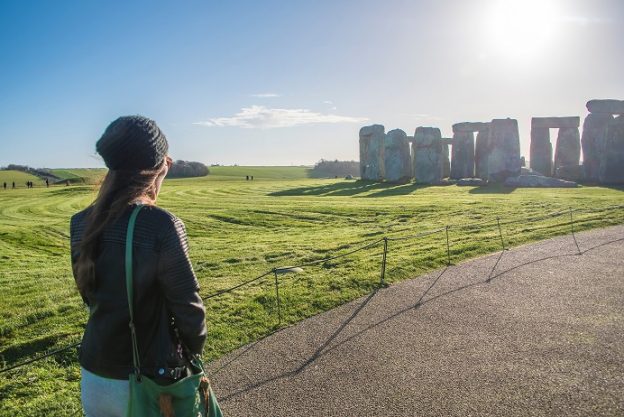The University of Exeter is offering all new students enrolling on its MA International Heritage Management and Consultancy programme in September 2018 a £1,000 tuition fee discount. Read more and apply now.
1. Identify your strengths and weaknesses. What fields of heritage management are you interested in? Do you think you’d enjoy the practical, day-to-day elements of being a heritage consultant as well as the theoretical aspects of public history?
There is no set career path in heritage, which can be daunting for some, but liberating for others. I stumbled into heritage management because of my archaeological and anthropological work in southern Africa. My first degree was in history, and my MA was in Heritage and Museum Studies. Doing fieldwork and volunteering in countries outside of Europe not only gives you a taste of what it’s like to work with diverse groups – often with vastly different, and even sometimes irreconcilable worldviews – but it also helps you identify what you’re good at. This in turn will allow you to target specific companies and institutions within heritage sectors – both in the UK and abroad – when you are applying for jobs.
2. Network! I’d also thought I wasn’t cut out for networking. Surely all the big names in the heritage sector were fed up of overly-eager and recently-qualified graduates introducing themselves at events and sending emails asking about upcoming opportunities? It turns out, however, that most of the established experts who pull the strings (and often control the purse strings) are affable, approachable, and keen to meet new people – especially if they are passionate about their subject and heritage in general.
Word of mouth is a powerful tool. Heritage experts in the UK often know and collaborate with heritage experts overseas. If someone that is respected by colleagues endorses you, it’s likely that you’re more than half way to making it onto a future employer’s shortlist, whether in the UK or abroad.
3. Gain extra qualifications, and volunteer. In addition to courses like the University of Exeter’s new MA in International Heritage Management and Consultancy, volunteering is an excellent idea – especially because many of your competitors will likely have done the same. Volunteering – both in the UK and abroad – not only provides you with invaluable new experiences and a chance to identify your strengths and weaknesses, it also helps you expand your professional network. Most of all, working abroad is rewarding, and fun!
Written by Dr Jamie Hampson, Senior Lecturer in Heritage, University of Exeter, Penryn Campus

